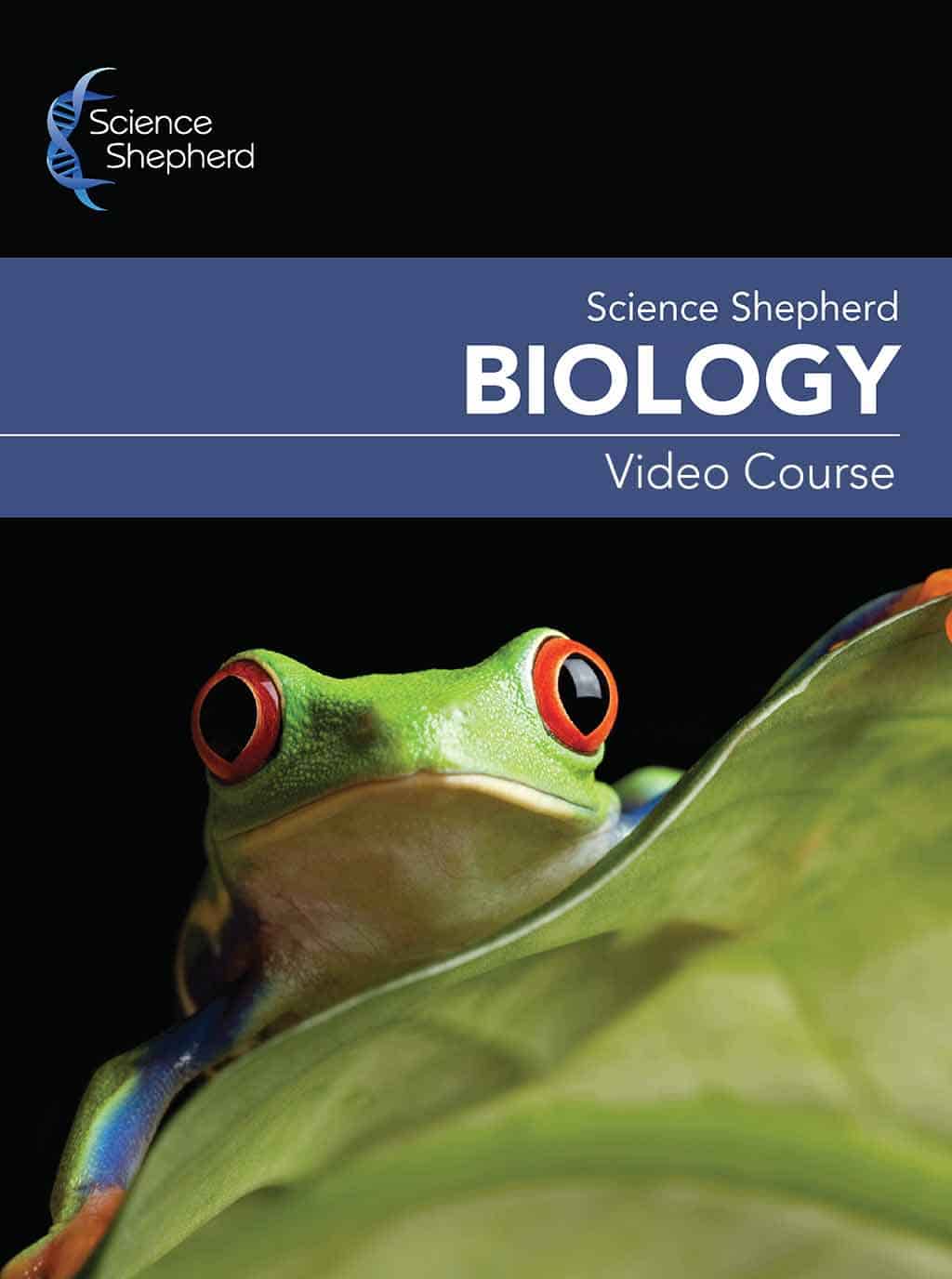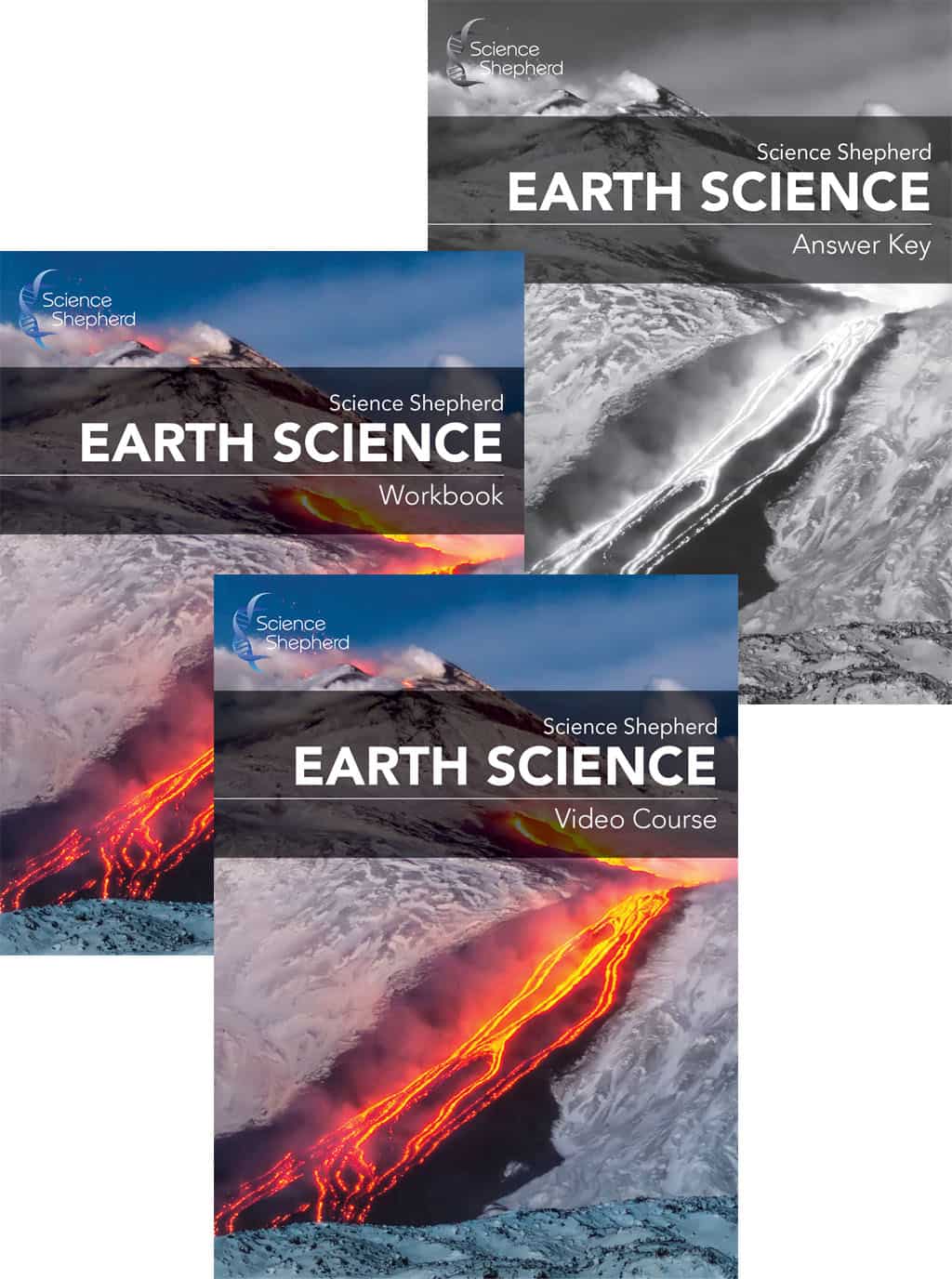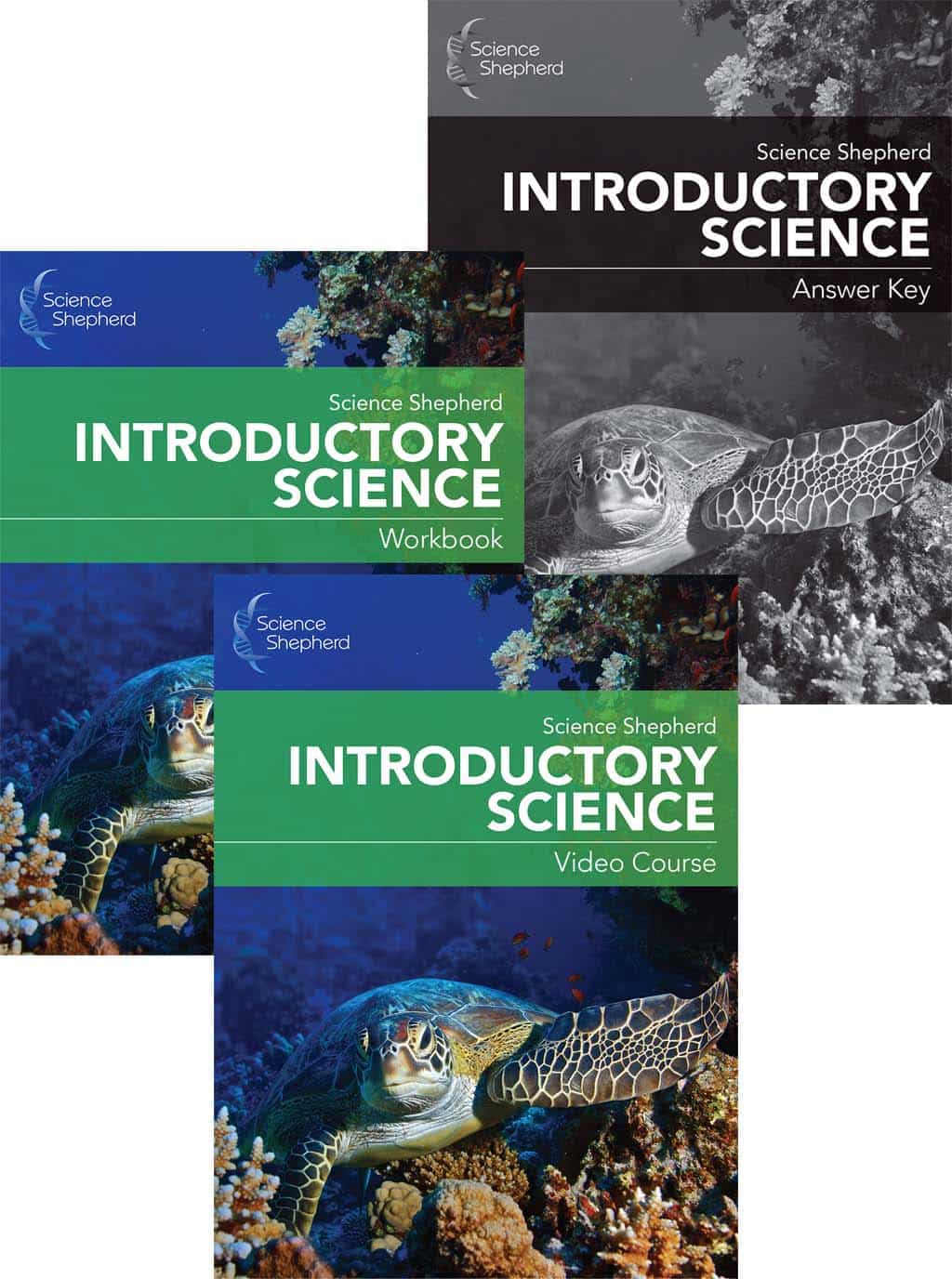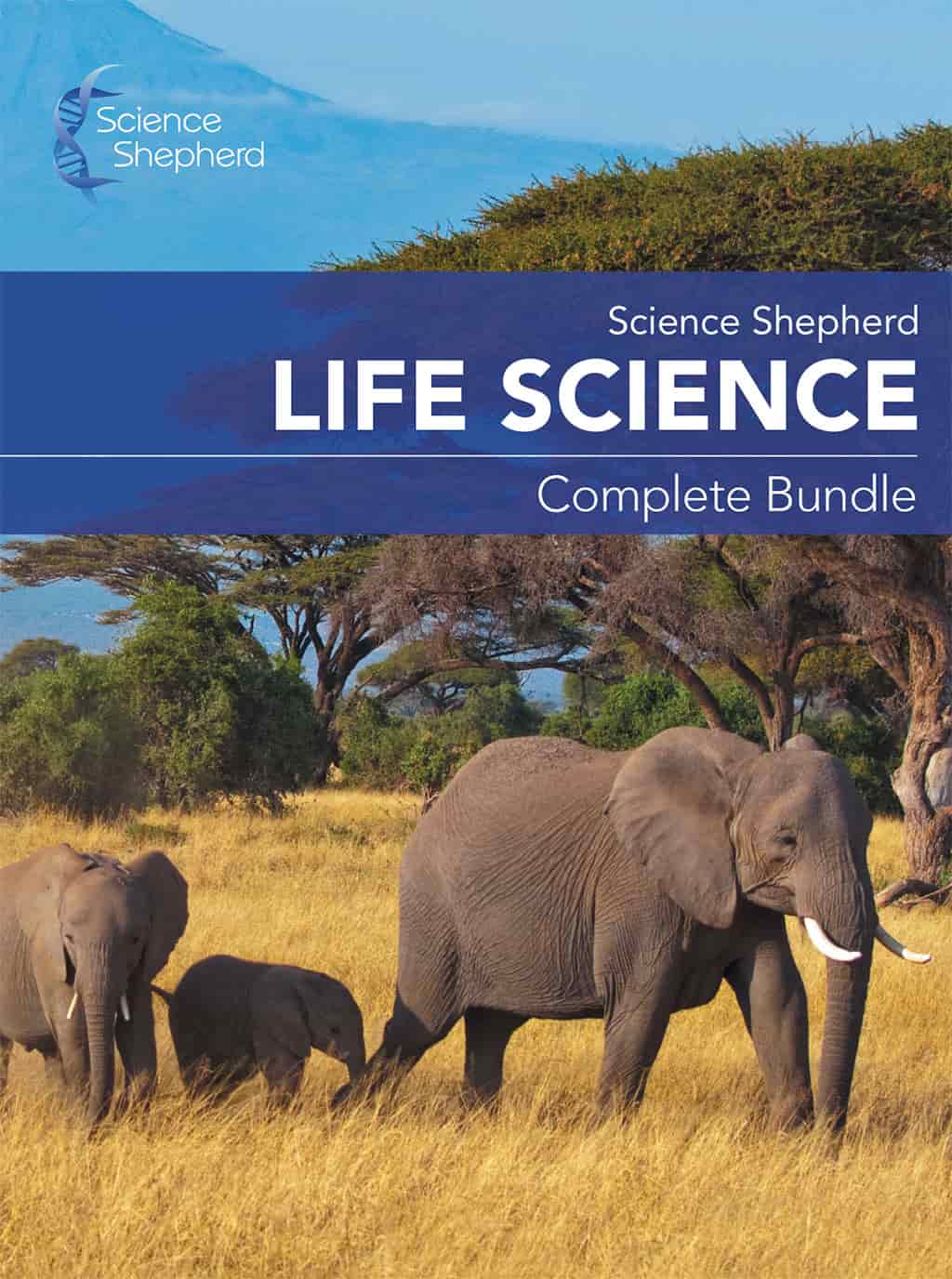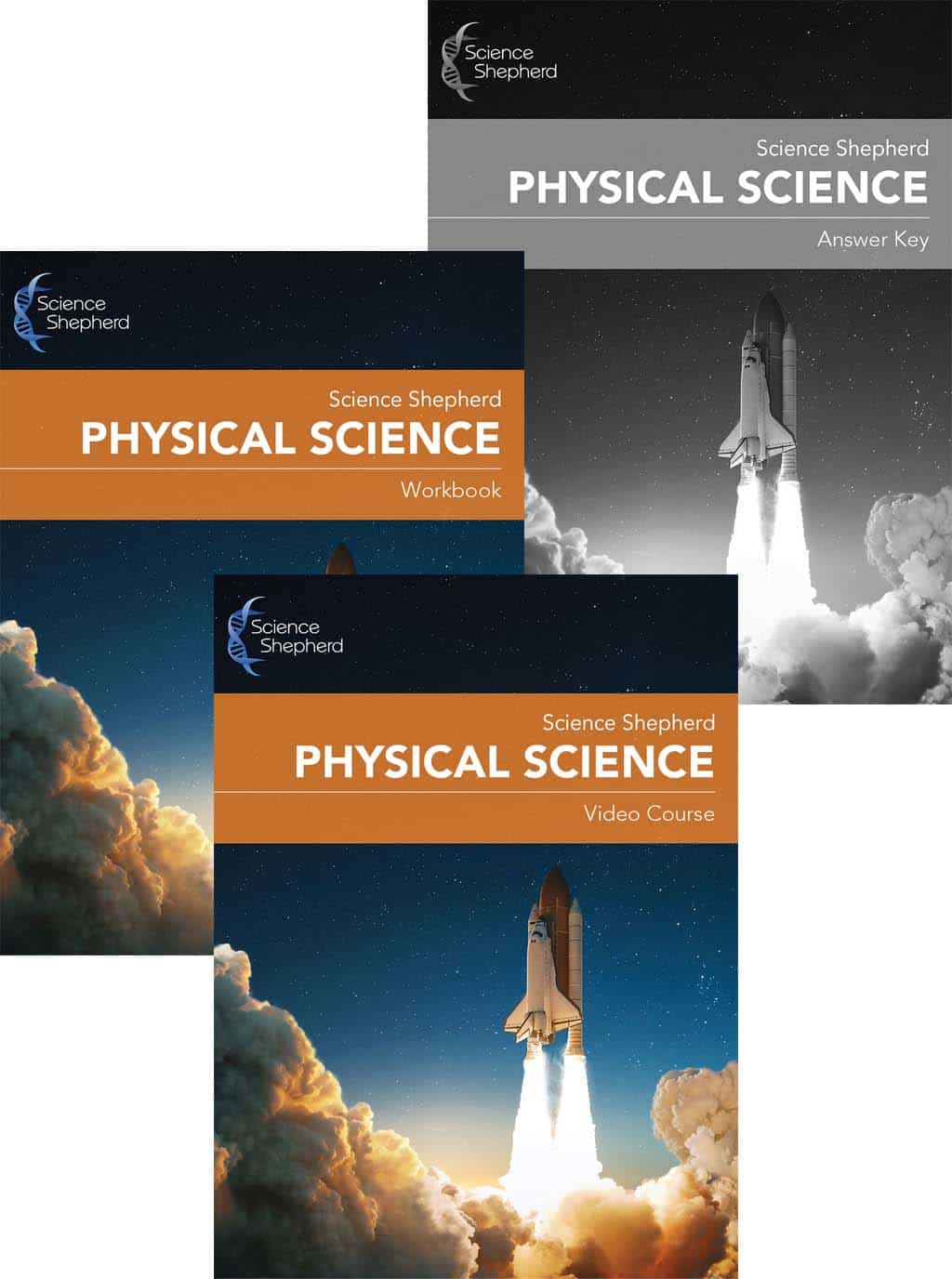Homeschool Help! High School Science Tips
by Bill Hardin October 21, 2024 7 min read

Homeschool Tips for Students
Have a student struggling with high school science? It can be hard to watch your student struggle, especially if you have tried to help without success. We’re here to assist! Here are 8 tips to help your student do their very best in homeschool high school science. We wrote this post directly to your student, so it may be best to share it with them.
This is Part 3 of our Homeschool Help! series. Check out Part 1 for 8 science study tips, or Part 2 for help when a child hates science.
Don’t feel like you have to put all these tips into practice right away. Pick one that you think will be most helpful to you. Once you’ve got that one covered, pick another tip to put into practice.
1. Hit snooze.
OK, so we can’t actually recommend that you hit snooze too many times on your alarm, but it is true that getting enough sleep is important for doing your best in science. When you get enough rest, you can not only learn better but also handle stress and your emotions better – a powerful combination for being a great student!1 So how much is enough? The average high school student reportedly needs around 9 hours per night.2 Not sure how you could ever get that much? Positive you can succeed on less than that? At least try to get enough so that you aren’t having trouble keeping your eyes open in class. (It doesn’t count if you regularly have to drink half a dozen caffeinated beverages to stay awake.) And if you were hoping for a reason to go to bed earlier or start your school day a little later, this information could help you out!
2. Organize your time.
You have too much to do, too many friends to hang out with and too many sports to play to get 5 hours of rest each night much less the recommended 9? This is where being organized comes in. If you don’t have to cram for your next test, don’t forget that you need to be at your aunt’s birthday party tonight, and don’t have to do extra assignments because you missed half of your class again, all of that will help you get enough rest and study better (and have more time for fun things). To plan your schedule, write down everything you HAVE to do in a week – schoolwork, sports/music/drama practice, work, church, meals, appointments, chores, family commitments, time for homework, and, yes, even time for sleep, etc. The time you have left over is free for hanging out, shopping – the extras.
Not enough time for “fun” things? Maybe you can get faster at your chores – turn loading the dishwasher or mowing the lawn into a science – or get more of your homework done during class! It could also be time to review your priorities and see if how you are using your time during the day is actually lining up with what is really important.
3. Declutter your stuff.
Do you ever feel like you are drowning in piles? Does it seem like you try 20 pens before you find one that actually writes the paper your teacher wants handwritten? Is it hard to find what you actually want in your backpack? If you answered yes to any of these questions, it could be time to declutter your space. Grab two trash bags and a bin/box. One trash bag is for actual trash (like pens that don’t work) and the other is for items to be donated. The bin or box is for items that should go somewhere other than your space – they belong in a different room or to someone else, or they need to find a new home through being sold or gifted. Set a timer or your favorite music playlist or audiobook (or your biology video class you need to review) to go for 15 minutes and see how much of a difference you can make at your desk, under your bed or in your backpack. Try this for 3 days in a row and see how much better it is!
4. Organize your stuff.
Like being organized with your time, being organized with your stuff will save you time and energy that you can then use for things that are much more fun than looking for your missing shoe or your paper that is due tomorrow. If you haven’t decluttered yet, doing that will help with the organization. After you declutter, think about what you actually need at your desk (or wherever you do your schoolwork) and in your backpack if you regularly use one and make sure you have a place for each item you need. Get in the habit of putting things back every time. Consider creating a binder for all of your science work so that you always know where your assignments and papers are.
5. Study well.
You can study or you can study well. Don’t follow methods that don’t work for you. Instead, invest your time in figuring out what does work. Does it work better for you to watch your video lesson and skim the textbook afterward? Or does the information really stick if you read the textbook section carefully before watching the class? Should you take notes while you watch your class or just highlight in your textbook? Experiment and figure out what works well! To seal all that information in your brain, make flashcards of terms, come up with silly word pictures, draw cartoons, get a friend to quiz you, replay your video lesson while you fold your laundry or dust your room, record yourself answering the chapter review questions so that you can listen to it for review later, video yourself “teaching” the information . . . There are so many possibilities!
If you realize that you lack good study skills, ask your friends how they study and even consider taking a class in study skills. Figuring out which skills work for you and becoming good at them will help you not only in science but also in all of your classes in high school and beyond. Believe it or not, throughout our lives we always have new information and skills to learn, so becoming a good learner will be a blessing to you throughout the rest of your life!
6. Get moving.
Wishing you could go outside instead of sitting at your desk? Good news: Being active can improve how your brain functions, which is awesome for students who want their hippocampus to be functioning at its best!3 (Don’t remember the hippocampus? Picture a bunch of hippos on campus memorizing their science terms, and you’ll likely not forget that the hippocampus is the memory center of your brain!) So get out there and get moving! You could even get a bunch of your friends together to play basketball or hockey before you sit down and study together. Just set a timer so you remember to study when you should.
7. Have a goal.
A snippet from Anne of Green Gables comes to mind. After deciding to study to become a teacher, Anne tells Marilla,
“I shall take more interest than ever in my studies now . . . because I have a purpose in life. Mr. Allan [the minister at Anne’s church whose wife is a good friend of Anne’s] says that everybody should have a purpose in life and pursue it faithfully. Only he says we must first make sure that it is a worthy purpose . . .”4
Anne is on to something here. A well-grounded purpose gives us an extra push in the right direction. Perhaps you could consider a purpose for your science studies this year. Not just “to get to the next grade”, but something that goes beyond yourself. Need an idea? Here are some to get you started.
This year I’m going to study science so that I can . . .
- Be on my way to becoming a ________ (e.g. forensic scientist, science teacher, nature documentary host, doctor, park ranger, missionary, veterinarian, legal specialist, nutritionist, nurse, zoologist, etc.) and _________ (help pursue justice, teach science in a way that honors the Lord, share the wonders of God’s creation with the world, serve the sick in Jesus’ name, protect God’s creation and share it with others, share the life-changing Gospel with those who haven’t heard, etc.).
- Teach my children someday.
- Be prepared to refute the claims of evolutionists as an everyday person or even as a pastor or professional apologist.
- Help my parents someday when they are old.
- Have ideas for that sci-fi novel I want to write.
- Give my younger siblings a hand in getting a good education.
- Invent ______________.
- Be ready for whatever adventures God has ahead of me and listen to Proverbs 3:13-14, “Blessed is the one who finds wisdom, and the one who gets understanding, for the gain from her is better than gain from silver and her profit better than gold.”
Of course, don’t forget Mr. Allan’s advice; make sure your purpose is a worthy one. Check in with God about it. Then, if you’re like many of us, coming up with a purpose isn’t enough because it’s so easy to forget good resolutions. Why not write down your purpose and post it in different places where you’ll see it often like by your desk or on your computer or even your phone? That will help you remember why you are cracking your textbook open even when you don’t feel like it.
8. Ask for help.
Reach out to your co-op teacher, your parents, a friend – someone trustworthy – if you are struggling with science. Be humble and ask them to point out what you could be doing better and if they have tips. Also, ask the Lord to help you. Dr. Steven Hammer, featured in one of our Serving the Lord in Science posts shares that while he faced the academic rigors of medical school he prayed and asked the Lord for help. The Lord did indeed help him (through hard work on Dr. Hammer’s part) and Dr. Hammer went on to do what he believed the Lord called him to in medical missions.
Again, don’t feel like you have to put all these things into practice at once. Pick one and complete it or make it a habit before you start putting another tip into practice. Before you know it, you’ll be making real progress! And we’d love to hear about your successes down the road, so feel free to drop us an email or catch up with us on social media. We’re here to cheer for you!
Until next time!
Science Shepherd
“Scripture quotations are from The ESV® Bible (The Holy Bible, English Standard Version®), © 2001 by Crossway, a publishing ministry of Good News Publishers. Used by permission. All rights reserved.”
1. “Mayo Clinic Q and A: Teens and healthy sleep habits”, https://newsnetwork.mayoclinic.org/discussion/mayo-clinic-q-and-a-teens-and-healthy-sleep-habits/, accessed 21 Apr. 2024.
2. “Teenagers and Sleep: How Much Sleep Is Enough?”, https://www.hopkinsmedicine.org/health/wellness-and-prevention/teenagers-and-sleep-how-much-sleep-is-enough, accessed 28 Mar. 2024.
3. “How Exercise Protects Your Brain’s Health”, https://health.clevelandclinic.org/exercise-and-brain-health, accessed 24 April 2024.
4. L.M. Montgomery, Anne of Green Gables (New York: Alfred A. Knopf, Inc., 1995), 313-314. An Everyman’s Library children’s classic edition.
Sign-Up Today!
Subscribe for the latest news and receive 10% off and a FREE resource!
Recent Articles
10% Off Your Next Order
Subscribe to our newsletter and we'll send you a code for 10% off an order
plus a free download of 5 Scientific Ways Your Kids Can Defend Their Faith.



